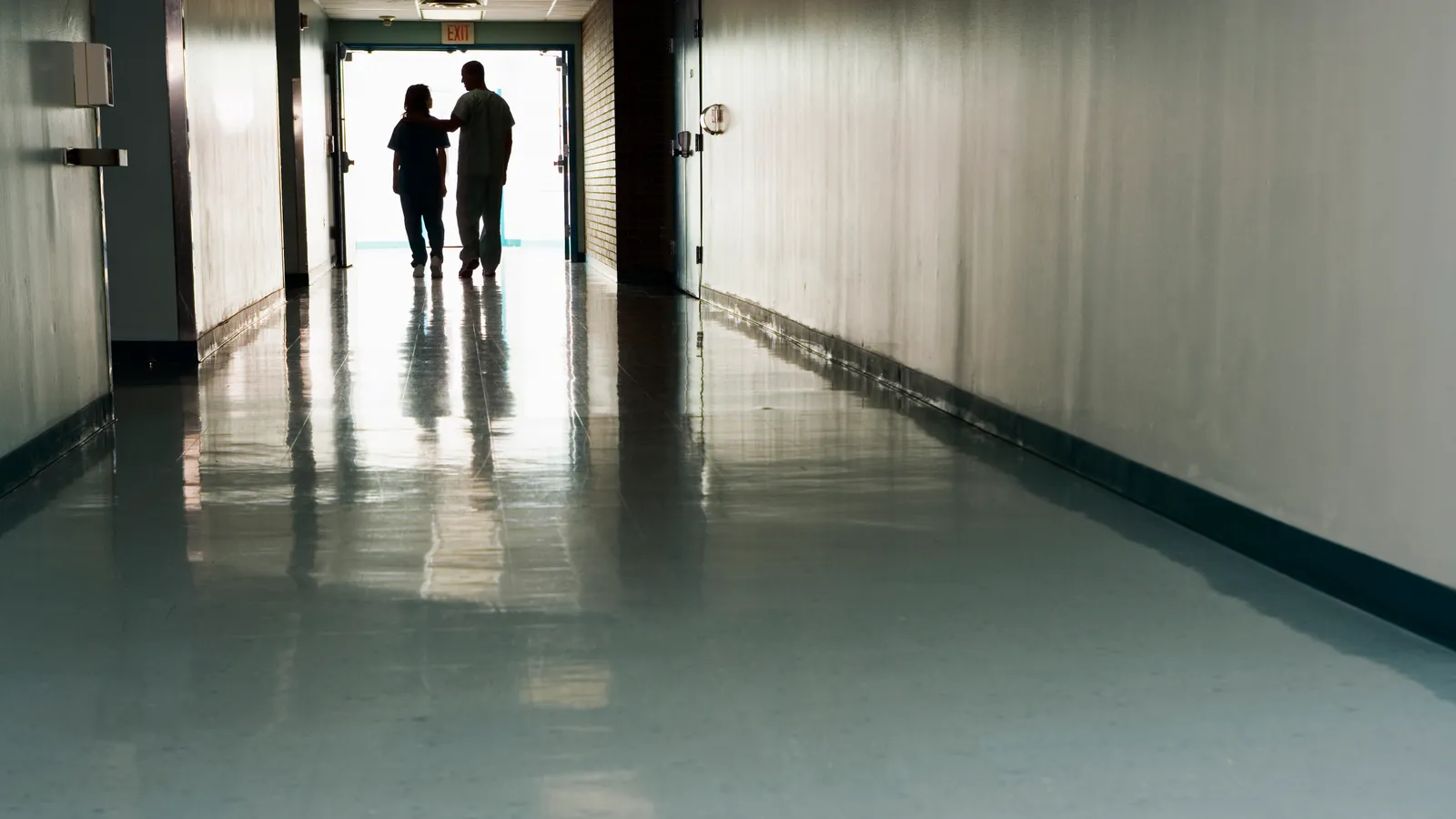Addiction is a chronic disease, and relapses can occur for several reasons in chronic illnesses. One such reason is boredom.
The journey towards healing can be complex, requiring a comprehensive and personalized approach. But there’s hope. Residential care for mental health challenges is a beacon of hope that provides individuals with a lifeline to recovery and well-being. The post...

Mental health challenges affect millions of people worldwide, and their impact can be profound and long-lasting. The journey towards healing can be complex, requiring a comprehensive and personalized approach. But there’s hope. Residential care for mental health challenges is a beacon of hope that provides individuals with a lifeline to recovery and well-being.
In a world where stigma still surrounds mental health issues, residential care programs stand as a testament to the commitment to supporting those in need. These programs offer a unique blend of intensive therapy, a safe and nurturing environment, and a wealth of resources designed to empower individuals on their journey to healing.
Residential Care vs. Inpatient Psychiatric Care
Mental health residential care, often referred to as residential treatment, is a long-term, community-based treatment option for individuals with persistent mental health issues. Generally, a team of trained professionals, including psychiatrists, therapists, and support staff, work together to provide a structured and holistic approach to recovery. The primary goal of mental health residential care is to support rehabilitation and long-term recovery, which includes building self-confidence, regaining independence, and developing the skills necessary to transition back into society successfully.
Inpatient psychiatric care, often referred to as psychiatric hospitalization or acute care, is a short-term, intensive treatment option for individuals experiencing severe and immediate mental health crises. The primary goal of this type of mental health care is stabilization, which is achieving and maintaining a level of mental and emotional well-being that allows individuals to function safely and effectively.
Why 45 Days?
A 45-day duration of care allows for comprehensive assessment, stabilization, and skill-building. Forty-five days also gives individuals time to address acute mental health challenges and develop effective coping strategies, creating a solid foundation for long-term recovery. During this time, individuals and their recovery team work on:
Stabilization and Assessment. During the initial phase of residential care, the focus is on stabilizing the individual and conducting thorough assessments to identify the root causes of their mental health issues. This process takes time, and a 45-day period allows for a comprehensive evaluation of the individual’s condition. Skill Building and Education. Residential care programs often incorporate skill-building and psychoeducation components. These help individuals develop coping strategies, acquire essential life skills, and better understand their condition. A 45-day duration offers adequate time for this education and skills development. Long-Term Planning. A 45-day period allows for developing a detailed and personalized long-term treatment plan that considers the individual’s progress, needs, and goals. This planning is crucial for successful reintegration into the community and continued care beyond the residential program. Gradual Transition. For some individuals, abruptly transitioning from an intensive residential program to independent living or outpatient care can be challenging. A 45-day duration enables a more gradual transition, helping individuals build confidence and prepare for life outside the facility.What Are The Benefits of Residential Care For Mental Health?
One of the most significant advantages of residential care is the level of intensive therapy and support offered. Individuals receive personalized therapy sessions, group therapy, and educational workshops. This consistent and concentrated approach allows individuals to delve deep into the root causes of their mental health challenges and develop effective coping strategies.
Other benefits include:
A Safe and Supportive Environment. Residential care facilities offer a safe, supportive environment that minimizes external stressors and distractions. This environment encourages emotional healing, personal growth, and self-reflection. It also fosters a sense of community among residents, which can be immensely beneficial in reducing feelings of isolation and building a support network. Medication Management. In some cases, individuals with mental health challenges require medication to stabilize their condition. Residential care programs have medical professionals on staff who can monitor and adjust medications as needed. This ensures that individuals receive the most effective treatment tailored to their needs. Skills Development. In addition to therapy and support, residential care programs often include skill-building components. These can range from life skills, such as stress management, communication, and problem-solving, to specialized skills tailored to individual needs. These newly acquired skills can empower individuals better to manage their mental health in the long term. Structure and Routine. For many individuals with mental health challenges, establishing and maintaining a daily routine can be challenging. Residential care programs provide a structured environment with a well-defined daily schedule. This structure helps individuals develop healthy habits and routines they can carry into their everyday lives. Comprehensive Assessments. The initial assessment conducted when entering a residential care program is thorough and helps identify the root causes of mental health issues. Throughout the 45 days, regular assessments are carried out to track progress and make necessary adjustments to the treatment plan. Peer Support. Sharing experiences with others facing similar challenges can be incredibly reassuring and validating. Residential care programs offer opportunities for peer support, group therapy, and communal activities that encourage individuals to connect with others who understand their struggles. Relapse Prevention. Learning to prevent relapse is a crucial aspect of mental health treatment. Residential care programs provide the tools and knowledge needed to recognize early warning signs and develop strategies to avoid relapse once individuals transition back into their daily lives.Holistic Mental Health Treatment You Can Trust
45-day residential care for mental health treatment is a comprehensive and transformative approach that offers numerous benefits. The combination of intensive therapy, a supportive environment, skills development, and a structured routine can empower individuals to take charge of their mental health and build a foundation for long-term well-being.
Our 45-day mental health residential care includes:
A care team of experts that work to reduce barriers to treatment and provide support Clinical services such as CBT, DBT, Acceptance and Commitment Therapy Alternative therapies such as yoga, art therapy, hypnotherapy, and light therapy Creative writing groups DNA Analysis Transcranial Magnetic Stimulation (TMS) A certified nutritionist and on-site chef Process groups, psychoeducational groups, and somatic experiences A personal trainer that offers an individualized, destigmatized approach to building a safe and effective exercise regimen offering holistic relief from mental health disorders.Your mental health matters. Don’t let stigma stop you from receiving the care you need and living the life you deserve. Contact us today to learn more about our mental health treatment program.
Staffed 24 hours a day, 7 days a week.
The post Embracing Hope: The Transformative Power of 45-Day Residential Care for Mental Health Treatment appeared first on Midwest Recovery Centers.



















